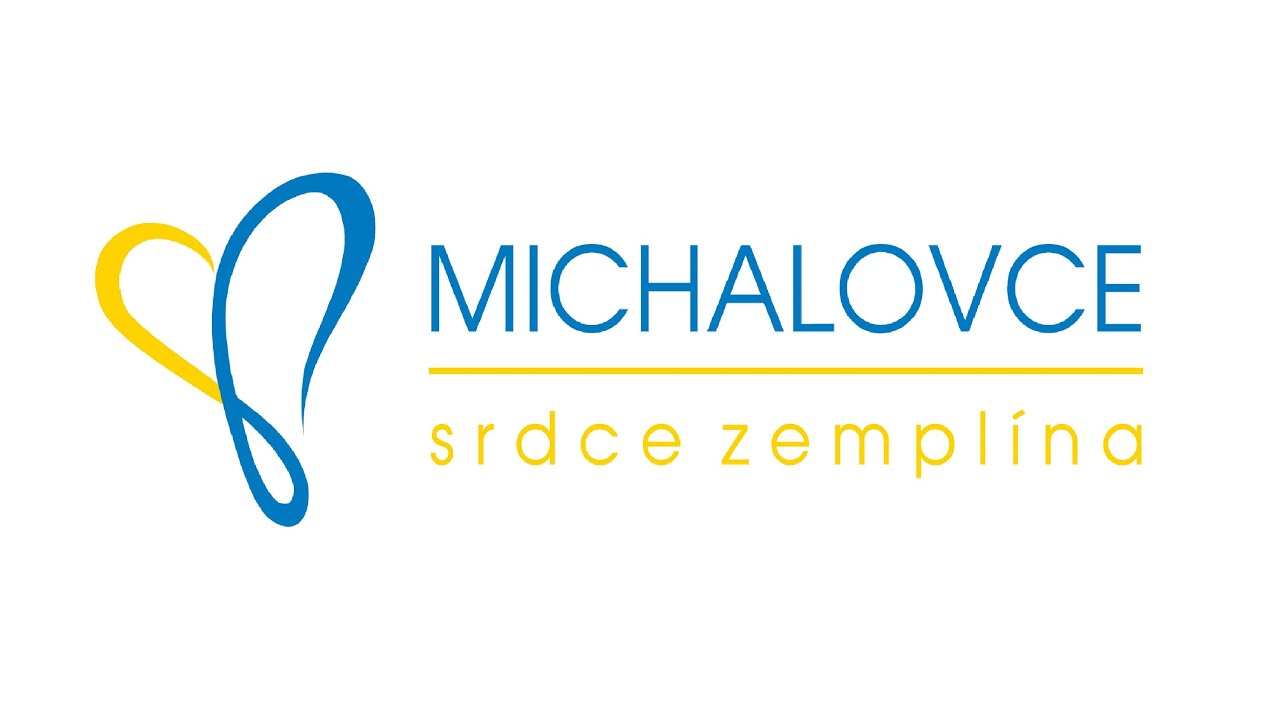Study grade : 2.
Year of study: 1.
Compulsory module
The aim of the course is to provide students with a basis for understanding the role of forensic accounting in economic decision-making, financial reporting, and investigative processes. Within the course, students will gain basic information in the areas of identification, analysis, and qualification of misleading trends in accounting. The course will offer knowledge to understand the various possibilities of unethical use of accounting for various reasons and motives. In addition, the course combines traditional (legal) and misleading accounting procedures, presents schemes of misleading procedures, their manifestations in the financial statements and, in connection with that, the process of investigating suspicious practices with the introduction of analytical methods and procedures. The subject shapes the ethical perception of students and the responsibility
for the precise implementation of the practice of economist - accountant.
Brief module description
1. The essence of forensic accounting. History and reasons.
2. Creativity and fraud in financial reporting.
3. Accounting data distortion practices.
4. Anatomy of misleading accounting procedures – assets.
5. Anatomy of misleading accounting procedures – liabilities.
6. Anatomy of misleading accounting procedures – costs, revenues.
7. Financial statements – red flags.
8. Quantitative methods of data distortion detection.
9. Qualitative methods of data distortion detection.
10. The process of investigating the misleading in accounting.
11. Methods and techniques of investigating the misleading in accounting.
12. Economic, legal and psychological aspects of fraud. The triangle of fraud.
13. Prevention of fraudulent conduct in financial reporting. Accounting ethics. Economic impacts of fraudulent conduct in financial reporting










